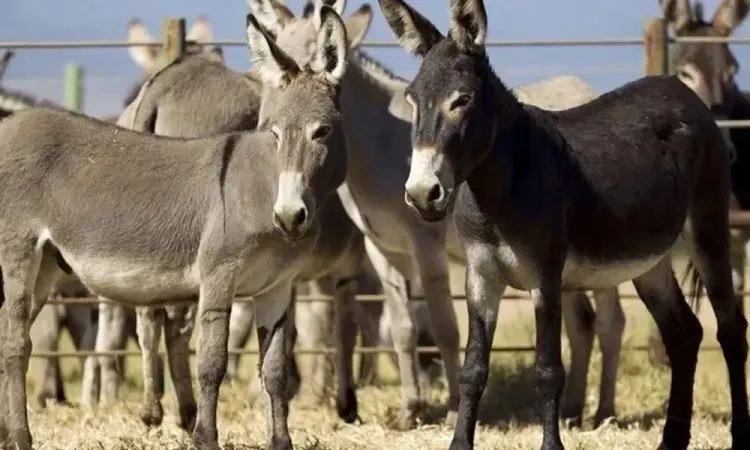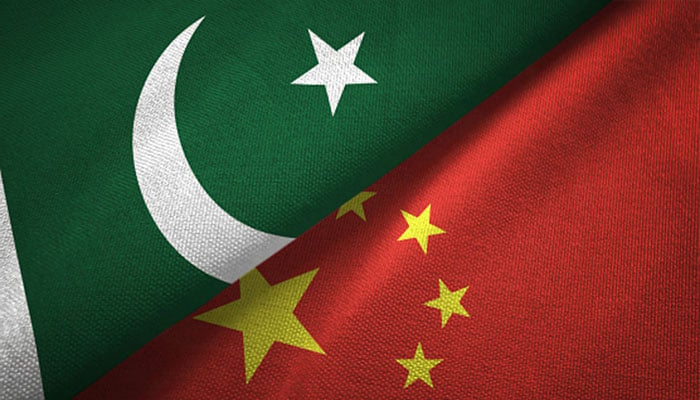Pakistan Initiates Donkey Slaughterhouse Operations in Gwadar to Meet Chinese Demand
Pakistan has opened its first donkey slaughterhouse in Gwadar to cater to the increasing demand for donkey-derived products in China. This move marks a significant shift in the country's export sector, focusing on the lucrative market for donkey meat, bones, and hides, which are primarily used in the production of 'ejiao,' a traditional Chinese medicine valued for its health benefits.

Background on the New Donkey Slaughterhouse
The establishment of the donkey slaughterhouse in Gwadar is part of a broader agreement between Pakistan and China to export donkey-related products. This development was discussed in a recent session of the National Assembly's Standing Committee on Food Security. The committee highlighted the decline in domestic use of donkeys in Pakistan due to modernization, suggesting that selective breeding could help sustain the donkey population for economic purposes.
Rising Demand for 'Ejiao' in China

'Ejiao' is made from the collagen found in donkey hides and is reputed among China’s elite for promoting better blood circulation and boosting the immune system. The demand for 'ejiao' has surged with the rise of China’s middle class and the historical prestige associated with the remedy, dating back to the Qing Dynasty.
Global Impact and Controversies
The industry's demand for approximately 5.9 million donkey skins annually has led to significant effects on global donkey populations, with China's own donkey population plummeting by over 80% in recent years. Consequently, China has turned to countries like Pakistan and Afghanistan to source these materials. However, this trade is not without controversy, involving issues of illegal trafficking and animal welfare concerns. Animal rights groups have called for the cessation of the donkey skin trade and are pushing for more sustainable alternatives, such as lab-grown collagen.
Future Developments and Economic Implications
As Chinese companies show interest in establishing more donkey slaughterhouses across Pakistan, this new trade avenue could potentially bring economic benefits. However, it also raises ethical and logistical challenges that need addressing to balance economic gains with animal welfare and sustainability.
Conclusion
Pakistan's venture into the donkey export market could indeed open new economic opportunities, but it also necessitates careful consideration of the environmental and ethical implications involved. The growth of this industry will likely continue to spark debate among various stakeholders, highlighting the complex interplay between traditional medicine demands and modern ethical standards.
What's Your Reaction?















